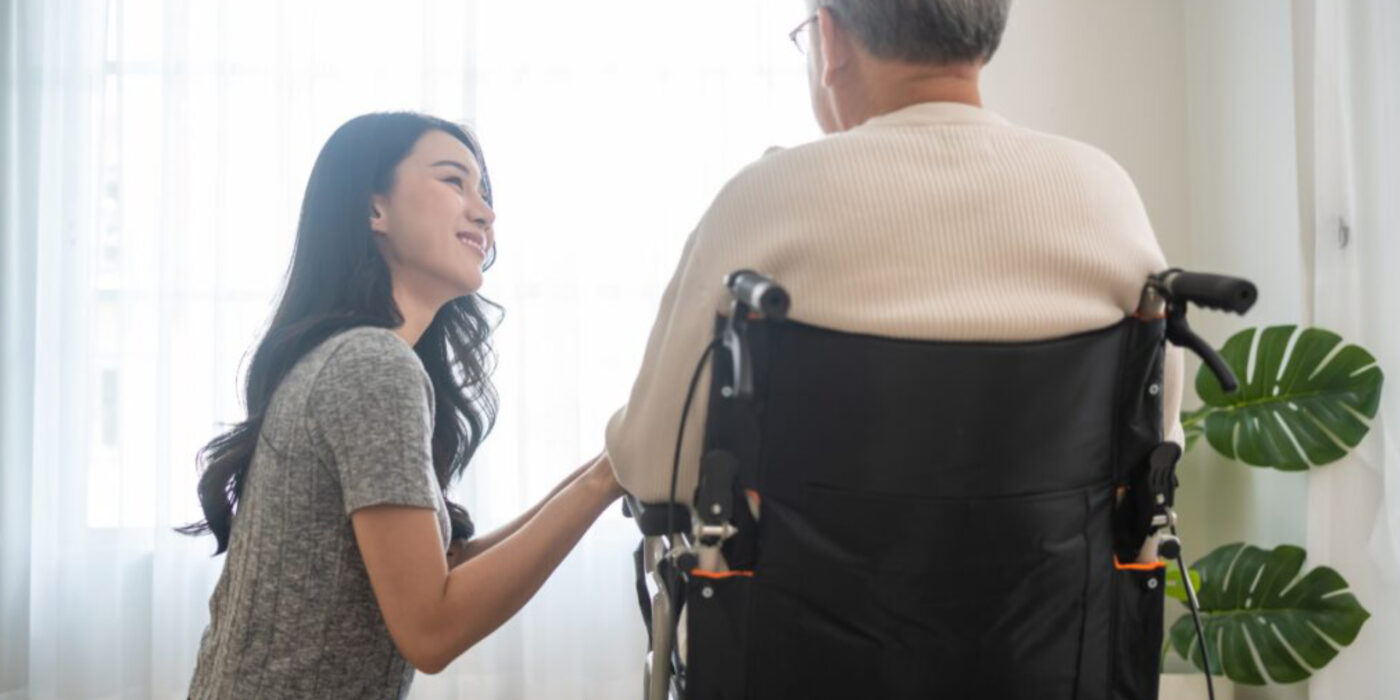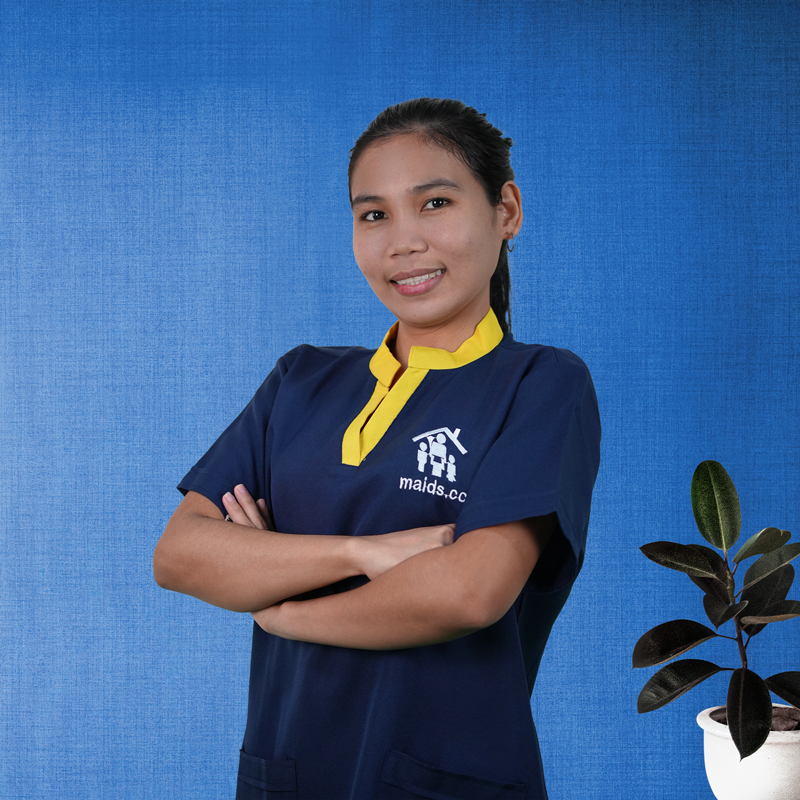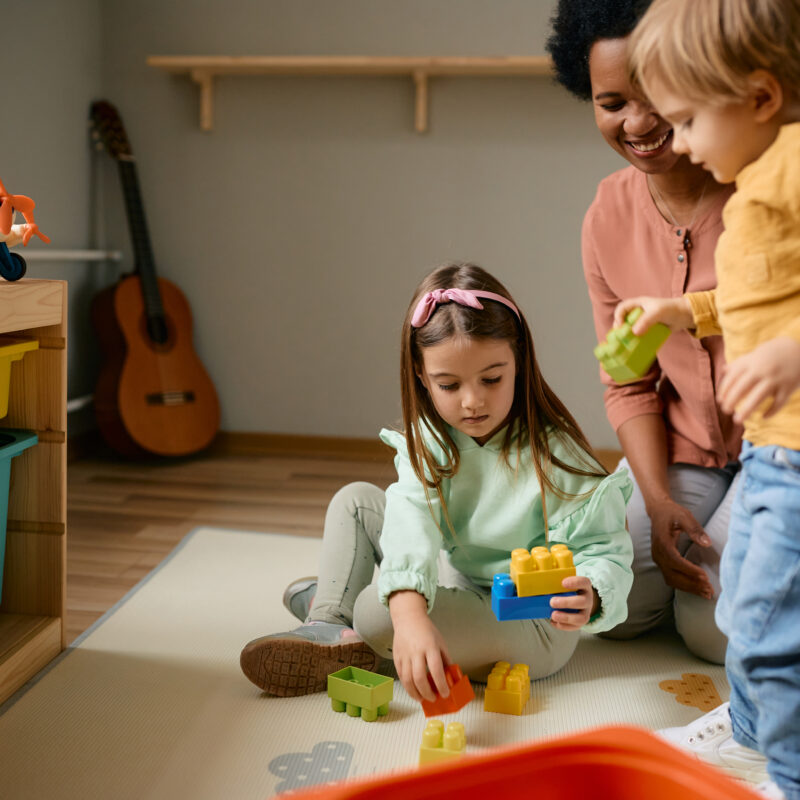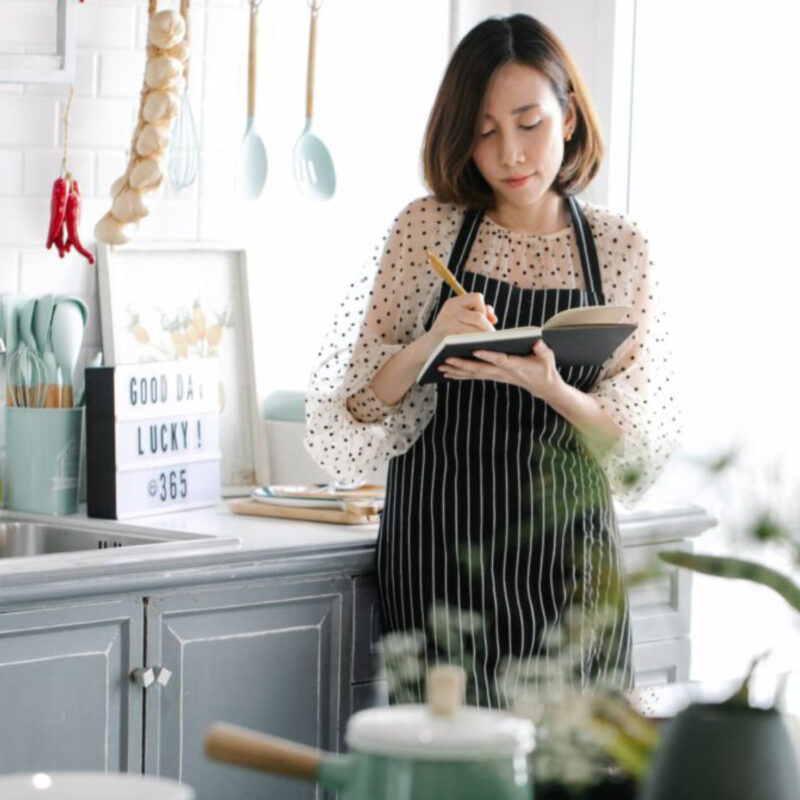Training Your Maid to Take Care of The Elderly
2 years ago
Taking care of the elderly is both an art and a science. It requires more than just the skills to help with daily chores. It also demands a heart full of empathy, patience, and understanding. If you’re looking to train your maid to offer exceptional care to your elderly family members, you’ve come to the right place. Here’s a comprehensive guide to setting your maid on the right path:
- Begin with the Basics:
Start by teaching your maid the fundamental tasks necessary for elderly care, such as helping with bathing, dressing, and grooming. Don’t just instruct, demonstrate these tasks for a better understanding. Practice makes perfect, so ensure they get enough opportunities to practice these tasks under your guidance. Remember to create an open atmosphere where they can freely ask questions and clarify doubts. - Stress on Hygiene:
Health comes with cleanliness. Make sure your maid understands the significant role hygiene plays in elderly care. The importance of maintaining a clean and comfortable environment for the elderly can’t be overstated. - Nurture Compassion:
Elderly care goes beyond physical support. It’s about making emotional connections, providing comfort, and showing empathy. Encourage your maid to engage in heartfelt conversations with the elderly, understand their feelings, and be there as a compassionate friend, not just a caregiver. - Promote Independence:
While assistance is essential, it’s equally important to promote a sense of independence among the elderly. Encourage your maid to enable the elderly in completing tasks on their own where possible. The goal is not to do everything for them but to support them in their journey of self-reliance. - Stay Informed about Medical Needs:
If your elderly family member has specific medical conditions, ensure your maid is well-versed with these needs and knows how to handle emergencies. Keep your maid updated about any changes in medical requirements. - Understand Nutritional Requirements:
Teach your maid about the specific nutritional needs of the elderly. They should understand the significance of a balanced diet and be able to prepare meals that are not only nutritious but also suitable for the elderly’s palate and dietary restrictions. - Encourage Regular Physical Activity:
Depending on the health condition of the elderly, physical activity can greatly contribute to their overall wellbeing. Guide your maid on how to encourage and assist in simple exercises or daily walks. - Foster Mental Stimulation:
Encourage your maid to engage the elderly in activities that keep their minds active. This could be through puzzles, reading, or simply having engaging conversations.
By consistently following these tips, your maid can become a great caregiver, providing care to your elderly loved ones that caters not only to their physical needs but also their emotional wellbeing.
Consider discussing these additional questions with your maid:
- How can you contribute to maintaining cleanliness and hygiene in the house?
- How would you promote a sense of independence while caring for the elderly?
- What are some of the ways to engage our elderly loved ones in physical activities?
- How can you ensure you respect their privacy while caring for them?
- Can you suggest some activities to engage our elderly in mental stimulation?
- How would you ensure safety in our home to prevent falls and injuries for the elderly?
- What would you do if you notice a sudden change in the elderly person’s behavior or health?
- How would you handle a situation if our elderly family member becomes difficult or uncooperative?
- How comfortable are you in preparing meals that fit their dietary needs?
- How would you respond in case of a medical emergency?
By integrating these tips into your training, your maid can cultivate a comprehensive approach to elderly care. This won’t just be about meeting their physical needs but also about enriching their emotional and mental well-being, thus providing a truly nurturing environment for your elderly family members.



